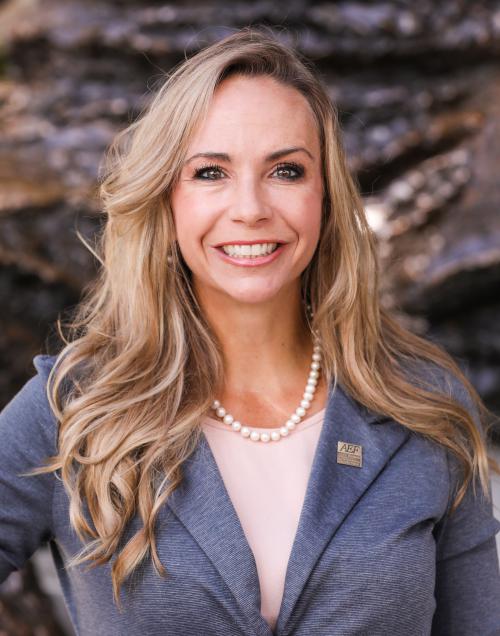Astronomy and Remote Learning: A Stellar Combination
PosterOnline formats for astronomy education
3rd Shaw-IAU Workshop
Wednesday Oct. 13, 2021
UTC: 6:30 p.m. - 8 p.m.
, Friday Oct. 15, 2021
UTC: 8:30 a.m. - 10 a.m.
Every child looks up at the moon in wonder and curiosity, yet for years astronomy education has had no place at the roundtable of K-12 standards. Fortunately for space enthusiasts, the advent of NGSS has changed that trajectory. Earth and space science have been elevated to National importance, and comprise nearly 25% of all science content in new standards. Despite this drastic shift, few teachers have the necessary background or resources to integrate these new topics. Further, many teachers are currently adapting their entire practice, including new topics, into remote environments. This setting is fortuitous for astronomy education; many resources can be easily integrated into remote settings, and even allow for greater investigation than in a face-to-face setting. Astronomy education has the capacity to empower students to investigate and design solutions to real world problems, while the space environment presents the evidence for global patterns of change. This session will spotlight several remote astronomy investigations which are embedded into NGSS courses, while providing curricular justification. Spotlight lessons include: Satellites and Social Justice, Satellite Dynamics, Starlight, Solar Observations, Investigating Lunar Craters, and Citizen Science Aboard ISS. Participants will gain access to over a semesters’ worth of take and go remote astronomy lessons for grades 7-12, in any NGSS course. Lessons can be taken as a sequence or a snapshot, and are ready to embed into LMS. Each lesson focuses on the value of studying space, and the implications for society. Lessons address equity in STEM, and are scaffolded to multiple modalities of learning, while utilizing real-time data (solar observations). Each lesson is free, and requires only internet access. Teaching remotely may present new challenges, however teaching space content should not be one of them. This workshop will provide resources for easy integration of topics, to maximize student engagement.
Biography:
Christine Hirst Bernhardt is a passionate STEM educator and teacher leader from California. She has taught STEM courses and astronomy in middle, high school and college, as well as to teachers through NASA’s Endeavor STEM Leadership program. Christine’s commitment to propelling the intersectional needs of STEM education and passion for bringing space content to the masses have resulted in her appointment as an Albert Einstein Distinguished Educator, the Thomas J. Brennan award for Excellent Astronomy Teaching, participation aboard NASA’s SOFIA mission and travel to Chile as an educational ambassador. She is also an Emerging Teacher Educator fellow with the California Teacher Education Improvement Network. Christine has worked for several curricular companies and advisory boards to advance space education. As an educator, Christine utilized project-based learning to promote agency and equity in STEM through relevant and culturally applicable phenomena, which she plans to develop into her doctoral research at UC Santa Barbara. She developed a unique and regionally famous high altitude balloon experiment program, student space symposium and international space camp. Christine loves all things adventure; she raced mountain bikes until 2016, won two national championships, and founded the first all-women’s professional gravity mountain bike team to advance women in a male dominated industry. She holds an M.S. in Space Studies from the University of North Dakota and an M.A. in Science Education from CSU Northridge. Her research centers on the intersections of STEM/Astronomy and Social Justice and international STEM/Astronomy education and teacher professional development. As the US NAEC lead, she hopes to form international connections and collaborations amongst countries and classrooms.
Watch a video for this poster (external link)





